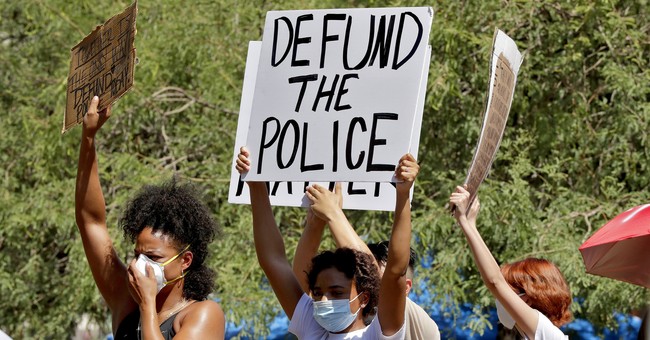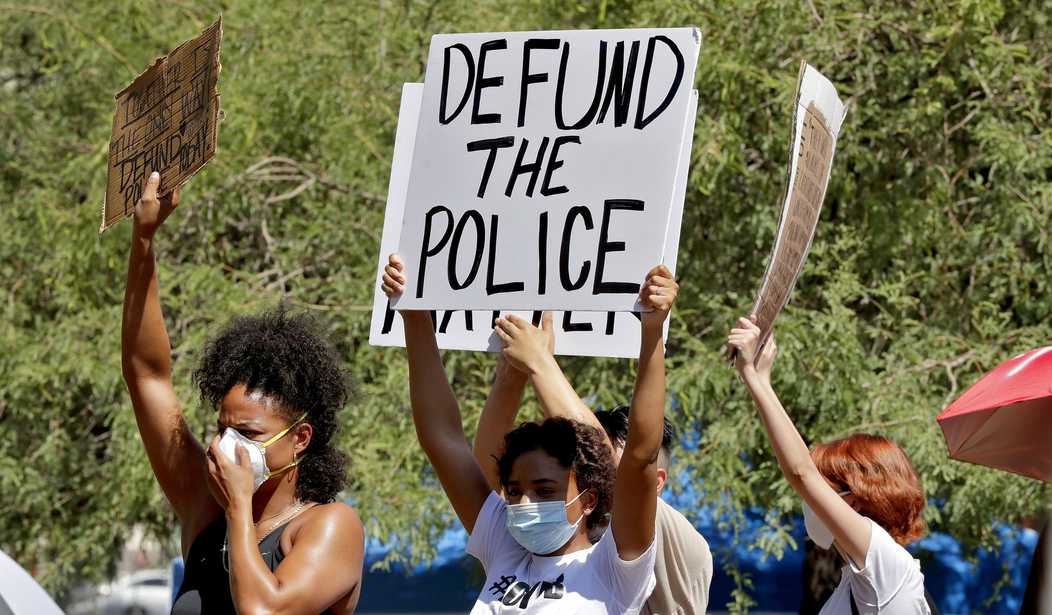
New court documents related to the death of George Floyd indicate that the deceased Minneapolis resident had a “fatal level” of fentanyl in his system at the time of his arrest by former police officer Derek Chauvin and three other officers. This has led many to believe that the actions of Chauvin were not the cause of Floyd’s death.
In fact, the officer’s lawyer has asked the judge presiding over the case to drop the charges against the former law enforcement official, arguing that his client’s kneeling on Floyd’s neck for nearly nine minutes did not lead to his demise. However, the notion that the drugs in Floyd’s system are the definitive cause of his death has not quite been established. Indeed, the Hennepin County Medical Examiner’s office still holds that his death was a homicide and not an overdose.
The debate over Floyd’s death re-emerged after the contents of the documents came to light. Dr. Andrew Baker, Hennepin County’s chief medical examiner, filed a memorandum on June 1, indicating that the amount of fentanyl in Floyd’s blood was “pretty high” and could be “a fatal level of fentanyl under normal circumstances.”
Baker also stated that “If Mr. Floyd had been found dead in his home (or anywhere else), and there were no other contributing factors I would conclude that it was a drug overdose.”
This memo led some to believe that Floyd died from an overdose, not from Chauvin’s actions. The fact that the Hennepin County Medical Examiner’s report found that Floyd did not die from asphyxiation seems to support this argument.
However, further explanation by Baker and others indicated that this is not the case. In another memo filed early in June, Dr. Barker reiterated the fact that high levels of drugs were found in Floyd’s blood. But he also stated that he was “not saying this killed him.”
It’s also important to note the final sentence of the first memo, in which the medical examiner explained that he might rule that Floyd’s death was a drug overdose in the absence of “other contributing factors.” Judging from the final assessment of the report, which stated that Floyd’s death was a homicide, Chauvin’s knee on Floyd’s neck was clearly a contributing factor.
Former New York City chief medical examiner Dr. Michael Baden, who performed an autopsy at the behest of Floyd’s family, also determined that Floyd’s death was a homicide. He explained that the amount of fentanyl could have different effects on different people. In a Thursday appearance on Fox News, he said, “Like all narcotics, there’s a wide range of what’s lethal or not, because it all depends on the tolerance of the individual from whom the blood has been drawn.”
The Department of Justice also looked into the matter and asked the Office of the Armed Forces Medical Examiner to consult on the case. Their report echoed Dr. Baker’s. “His death was caused by the police subdual and restraint in the setting of severe hypertensive atherosclerotic cardiovascular disease, and methamphetamine and fentanyl intoxication,” the officials explained. “The subdual and restraint had elements of positional and mechanical asphyxiation. … We concur with the reported manner of death of homicide.”
To sum it all up, Dr. Baker’s memo does not conclude that while the drugs in Floyd’s system certainly played a more significant role than was previously believed, it was not the ultimate contributor to his death. The bottom line is that Floyd’s death was ruled as a homicide, meaning that it was caused by the actions of another individual, namely, Derek Chauvin. Even if the narcotics played a part, it is clear that the officer’s kneeling on Floyd’s neck for almost nine minutes was the key factor in that it seems to have aggravated his underlying issues in a way that caused the fatality.
However, it is worth pointing out that the fact that Floyd’s death was a homicide does not necessarily mean that Chauvin will be found guilty of the murder charges he is facing. The legality of his actions is still in question. He is currently charged with second-degree murder, third-degree murder, and second-degree manslaughter. The other officers involved in the incident are being charged with aiding and abetting second-degree murder and second-degree manslaughter.
The medical examiner’s report could bolster the defense team’s contention that the officer’s actions did not play a significant role in Floyd’s death. But it might be challenging to prove that he would have died at that moment even if he had never encountered the four men. On the other hand, the charges of second and third-degree murder might not be easy to prove, given that the issue of intent does not seem apparent in this case.
The next hearing is scheduled for Sept. 11, and the trail is set to commence on Mar. 8.
Let me know what you think in the comments below!
Follow me on Twitter: @JeffOnTheRight













Join the conversation as a VIP Member